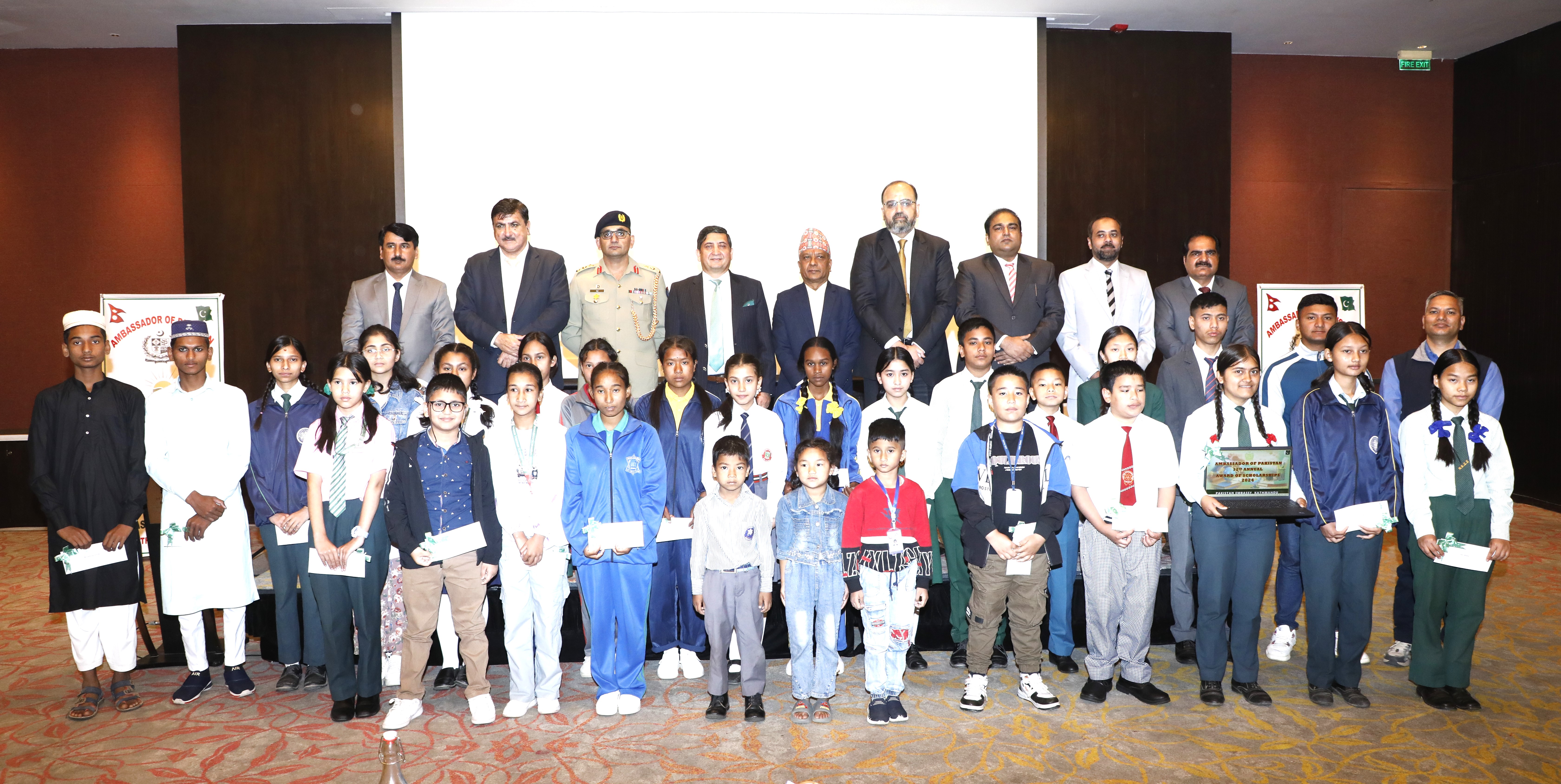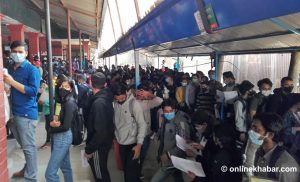
In Nepal, the transition from the Secondary Education Examination (SEE) to the +2 level represents a pivotal moment where students are tasked with making critical decisions about their academic futures. However, this process is fraught with challenges, exacerbated by societal biases and the subtle influences of educators.
Despite the diverse array of academic streams available, there exists a pervasive bias favouring the sciences, while other streams such as humanities, commerce, tourism, and other non-sciences are often unfairly marginalised.
This systemic prejudice not only undermines the value of non-science disciplines but also deprives students of the opportunity to pursue fields aligned with their true passions and interests.
Prevailing misconception

The prevailing misconception that academic success is synonymous with the pursuit of science courses nurtures a damaging narrative that stifles the potential of countless students. This narrow-minded perspective fails to recognise the diverse nature of intelligence and disregards the invaluable contributions that individuals with varied academic backgrounds can make to society. By perpetuating this biased narrative, we uphold a system that prioritises conformity over individuality, hindering creativity and innovation in the process.
Reflecting on my own educational journey, I recall the challenges I faced when choosing my +2 level stream. Despite my genuine passion for humanities subjects, I encountered scepticism and resistance from both peers and educators who viewed science as the only pathway to success.
This prevailing mindset not only undermined my confidence but also instilled a sense of doubt regarding the validity of my chosen academic path. However, thanks to relentless support from my parents, I remained steadfast in my conviction, driven by the belief that true fulfilment lies in pursuing one’s passions, regardless of societal expectations.
Lacking support and acknowledgement
In Nepali society, it is disheartening to acknowledge that a significant number of children and students are deprived of this crucial support. Regrettably, many children are perceived solely as vessels for fulfilling their parents’ unfulfilled dreams. They are not allowed to choose and pursue their aspirations, leading to academic stress and detrimental effects on mental health. Unfortunately, parents and educators have yet to grasp the ramifications of their coercive behaviour, which directly or indirectly undermines the prospects of their children and students.
Therefore, to address these entrenched biases, parents, educators, and policymakers must recognise the inherent value of all academic disciplines and forge an environment that celebrates diversity and inclusivity.
Parents should resist the temptation to impose their aspirations onto their children and instead support them in exploring their interests and talents. Educators play a vital role in challenging their own biases and providing equal opportunities for students to excel in all fields of study, irrespective of societal norms. Additionally, policymakers should implement measures to promote inclusive education practices and provide resources for career guidance and counselling to help students make informed decisions about their academic paths.
As recently graduated SEE students contemplate their +2 study options, it is imperative that we collectively challenge the prevailing biases and misconceptions surrounding academic streams.
Let us strive to create an educational environment that empowers students to pursue their passions and interests, regardless of societal expectations. By creating a culture of inclusivity and equity, we can ensure that every student has the opportunity to thrive and contribute meaningfully to society.
Together, let us redefine the narrative of education in Nepal, shaping a future where individuality is celebrated, and success is measured by the fulfilment of one’s aspirations.





















